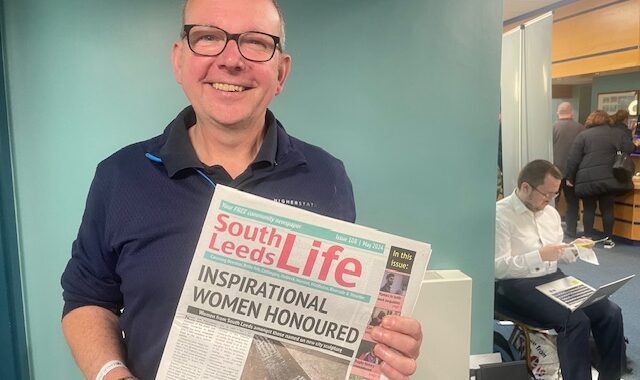Night falls here like a blanket. And early. By six it is completely dark. So on my second day, I wanted to get out of the University and see how life is lived in Katutura township and in the centre of Windhoek. I also wanted to learn more about what media is produced and consumed there.
Here is a map University of Namibia lecturer Robin Tyson has pulled together showing the amazing number of media outlets in this city of up to half million people. There are also over 10 local languages in this region.
The media outlets include 23 radio stations: 10 public stations run by the Namibia Broadcasting Company (NBC), nine commercial and five community stations. The first of these community stations, BaseFM, was launched in 1994 as Katutura Community Radio by a group of NGOs. It now pays its 11 staff through advertising from customers as diverse as large corporates and local car washes (who benefit from special rates).
I went with Robin to Base FM to meet the Station Manager, Marco Ndlovu and talk to some of the journalists. Base FM has a very strong editorial policy of providing a voice for the community in Katutura, with phone-ins, chat shows and current affairs slots as well as music. 80% of the music they play is Namibian and, in the past, they have recorded local musicians in their studio.
The station building is a large, ochre coloured block proclaiming its mission: “This is my story… What’s yours?” It sits nestled between a makeshift church housed in a blue and white striped circus tent, the police station and food stalls set out at the side of the road. Otto and Tolerance greet us warmly at the entrance. We see the manager’s office (and ad sales center), on- air studio where Bonny is presenting a current affairs program, a room with desks and computers and a large empty room. Marco would like to develop an internet café here and provide much needed access to local people and services such as CV writing. Money is clearly in short supply. Apart from advertising revenue, the station has support from German broadcasters for training and buying equipment, but this is very limited.
Base FM was the first, and so far, only station to have an LGBT slot and they hope that ‘Outright Namibia’ will start this again by making a financial contribution in return for air-time. Although homosexuality is tolerated, day-to-day sodomy is illegal and being openly gay is unacceptable for anyone in a public position.
This is not the only difficult issue tackled by Base FM. Sanitation and health services in Katutura are poor, unemployment is high and there is crime and corruption. Marco told me that the police and the Minister for Health used to come in every week to take calls from listeners. The level of anger was such and the problems seemingly so intractable that both have withdrawn.
That doesn’t stop BaseFM covering the issues. They would like to see licenses granted for communities of interest as well as geographic communities in Namibia. Marco says that the residents of squatter camps outside Swakopmund have the same concerns about lack of toilets, water and electricity as well as crime and HIV/AIDS with infection rates at about 18% of the population. Some of the limitations could be overcome by streaming content online. This used to happen before costs became prohibitive, though Marco hopes to resume when things look up. Meanwhile this remarkable service provides energising, lively and engaging content and a focus for community discussion and sharing.
After returning to the University I talk at length to Dr Fred Mwlima who did an MA in Journalism Studies at JOMEC. He came to Wales as an experienced newspaper journalist and tells me how the experience he gained at Cardiff formed his views on how journalism can influence society. What he saw in the Rhondda and on attachment to Bristol and what he heard in the University has been the basis for creating a module on Rural and Community Journalism on the UNAM course, followed by a generation of young Namibian journalists.
Our day ends with at dinner with Hans Christian, the Political and Press Officer from the British High Commission. It’s important that the five-year Phoenix Project has a good links and understanding of support available to British people here in Namibia and of the support that might be available for University collaboration. About 2,000 British people live in Namibia. The Consulate here is small and German, Chinese, Finnish, even North Korean influence more obviously felt (the North Koreans have funded the building of a monolithic museum to the liberation struggle which towers like a giant bronze-coffee percolator over the center of town). However, the Consulate is increasing staffing to support economic development. They are also increasing the number of prestigious Chevening scholarships available . We hear that one or two Namibians with the highest leadership academic ability selected have chosen to study International Relations at Cardiff University on sabbatical from the Namibian police.





